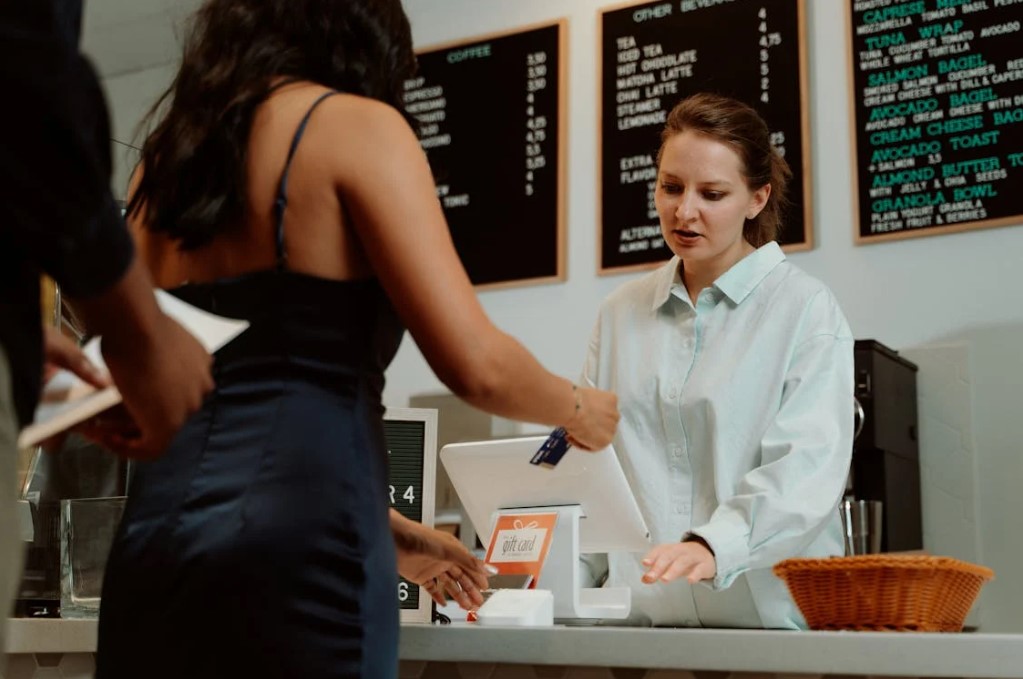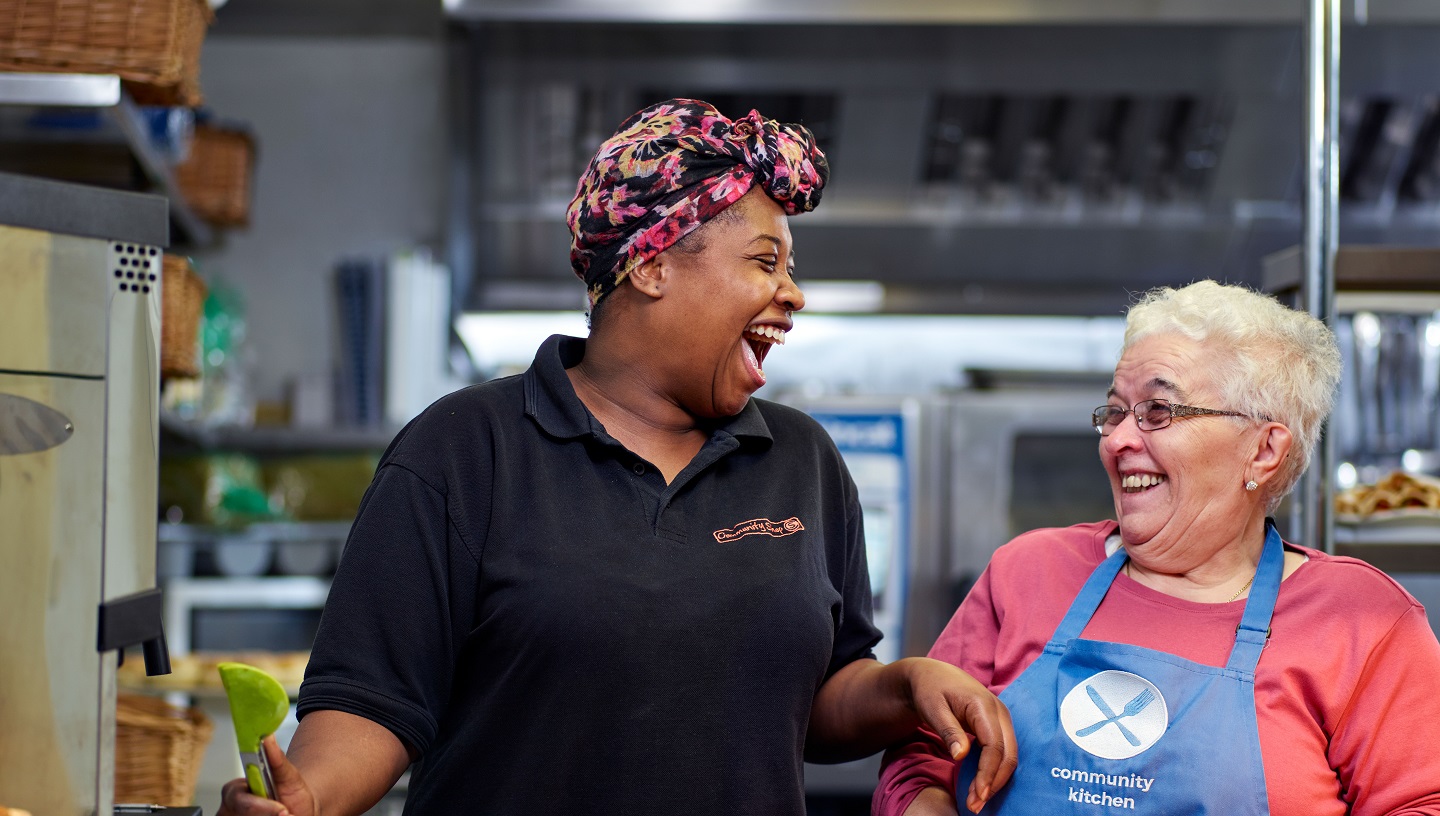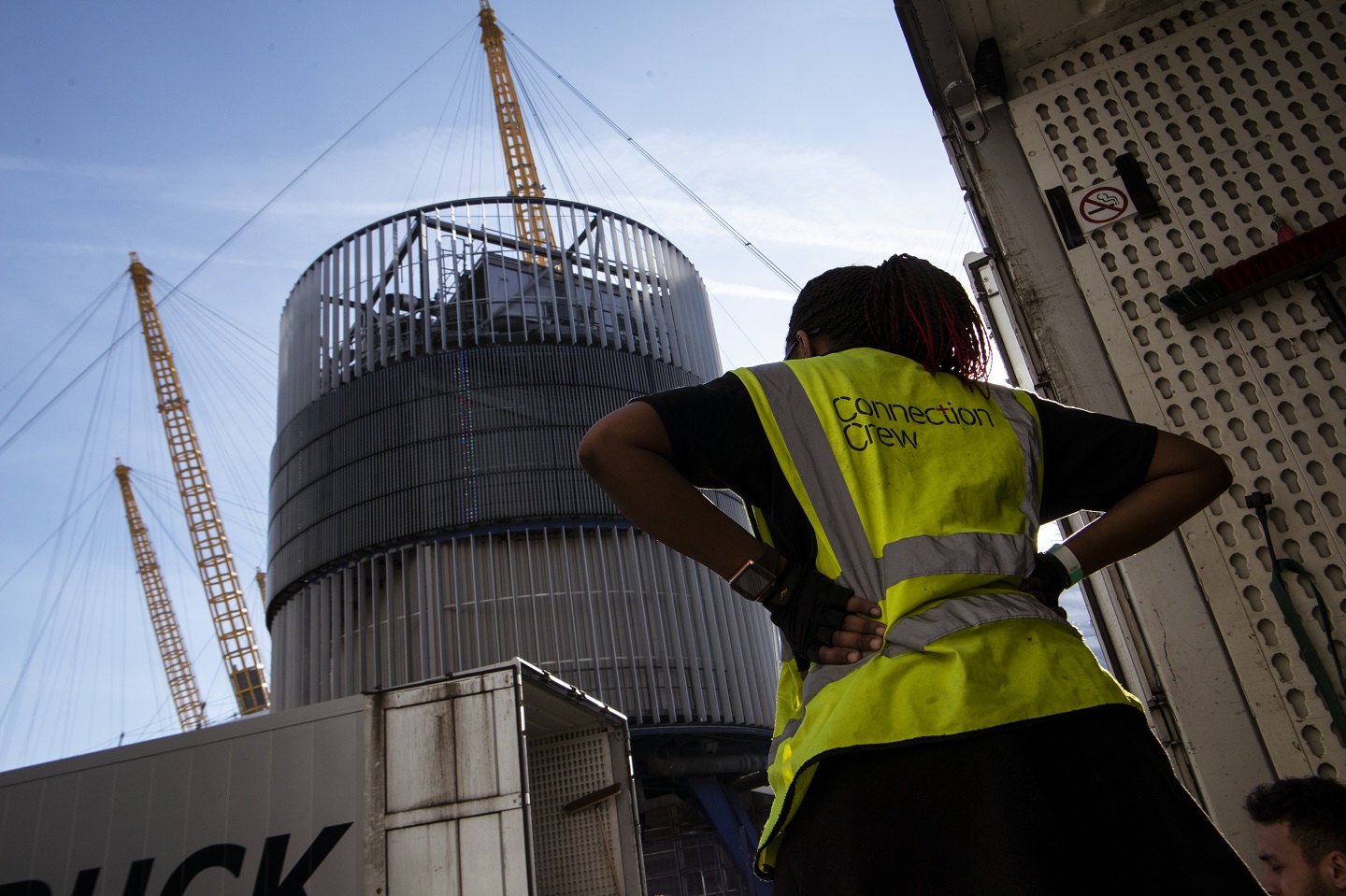
UK Social Enterprise Awards 2024
Consumer Facing Social Enterprise of the Year
Sponsored by The Company Shop Group. Social enterprises are selling quality products on our high streets and online, selling gifts which give back. This award recognises a social enterprise that delivers a retail product or service to the general public. Find out which pioneering consumer facing social enterprises have made our shortlist below: Nemi Teas NEMI Teas is a London-based specialist tea company that offers Organic tea blends as loose tea and in plastic-free, compostable teabags. The company is a strong believer in creating positive change through business and provides employment to refugees to help them better integrate in the UK. It provides training and employment to refugees which allows them to gain local work experience, boost their English skills, regain confidence and work on the hospitality skills required to enter the UK job market. @nemiteas Stand4Socks 16 hours. That's the average amount of time spent wearing socks every day, yet socks are typically dull, poorly made, and standardized. Despite existing since ancient Egyptian times, there's been very littleinnovation…until now. Stand4 Socks is the direct-to-consumer challenger brand in the sock market. Thebusiness has spent years developing socks that have enhanced comfort and durability without sacrificing style or ethics. Every pair of socks sold, means a donated pair to someone in need. @stand4socks Tap Social Movement Oxford-based Tap Social Movement is an independent social enterprise, craft brewery, and hospitality organisation that provides training and employment opportunities for prisoners and prison leavers. It believes that everyone benefits when no one is excluded from the job market, and to date has created more than 85,000 of paid, meaningful employment for leavers. It runs four Oxfordshire community venues, including Proof Social Bakehouse, named by The Telegraph Food as one of the 13 best bakeries in Britain. @tapsocialmovement Tea People Tea People is a speciality tea focused social enterprise. Its vision is to eliminate poverty in tea growingregions of the world. It procures, curates and sells a wide range of high quality whole-leaf tea and herbalinfusions many of which have won the prestigious Great Taste Awards. Tea People tea is sold to consumers and businesses in eco-friendly packaging and is available in loose leaf form and in pyramid teabags which are 100% plastic free. @teapeopleltd The Dusty Knuckle Bakery The Dusty Knuckle is a prestigious bakery and café in London. It uses its busy, seven day operation to train young people facing barriers to becoming independent adults. This centres largely on young offenders, care leavers and those in insecure accommodation. Through the training they take steps towards fulfilment, employment and independent living. @thedustyknuckle Zaytoun CIC Zaytoun CIC is a social enterprise inspired by a love of Palestinian culture, communities and cuisine and a passion for sharing it with people in the UK. For twenty years the company has supported Palestinian producers through fairly trading their produce – 100% of profits being reinvested into delivering this mission. Palestinian farmers have been cultivating their lands for thousands of years and continue to do so despite the challenges of farming under occupation in the West Bank. @zaytoun_cic
3 min







